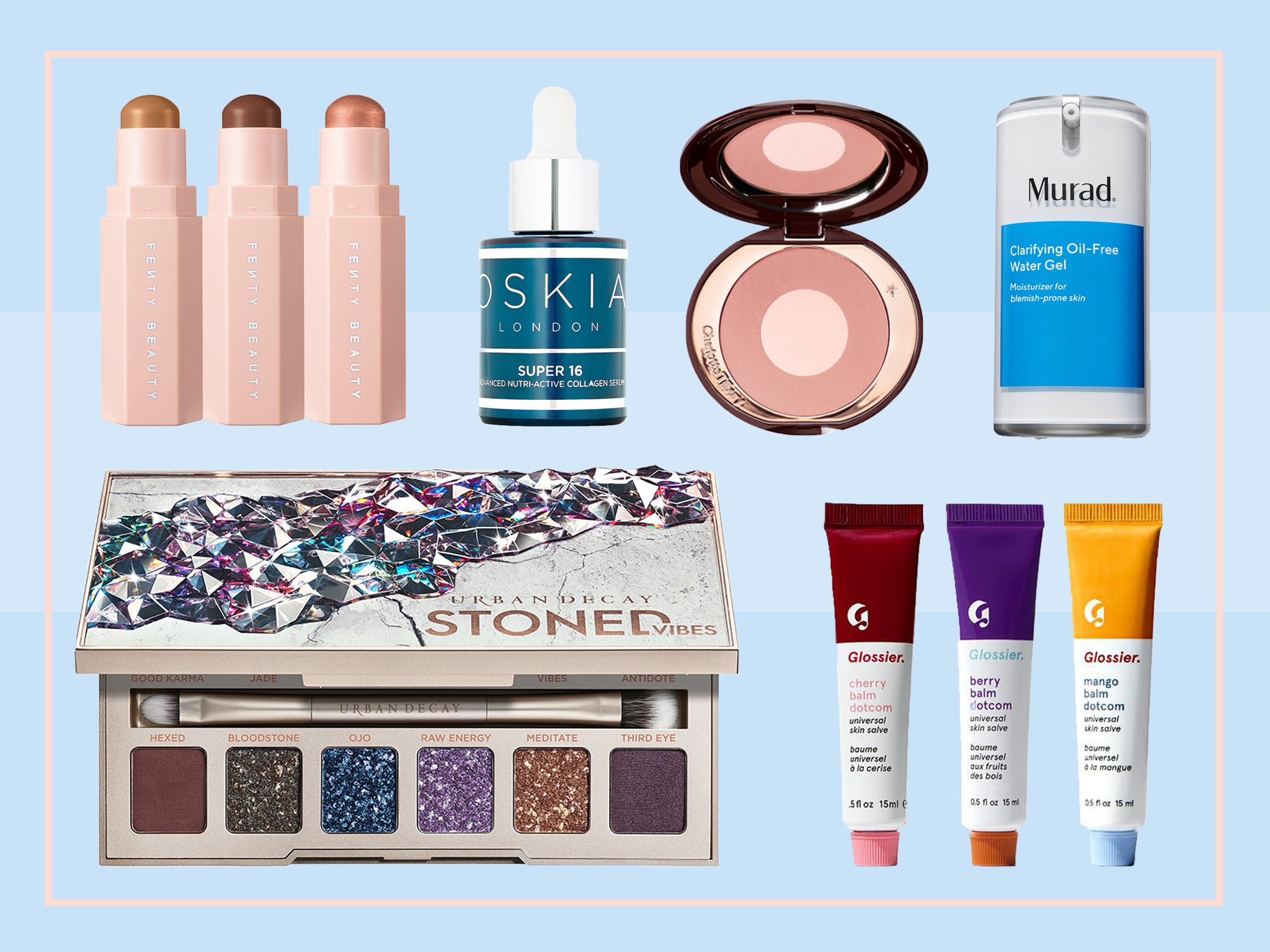Austin’s Fashion Incubator Sets Tech Innovation to Sustain Beyond SXSW – WWD
Although tech talent is the recent talk in Austin, the fashion community generates $86 million in revenue for the city.
At the Austin Community College, the three-year-old Fashion Incubator alone is valued at $13.1 million. And the facility, housed at the Highland Campus of ACC, was once a mall — serving as a real-life proof point of malls retrofitted for new community needs.
Developed in partnership with the City of Austin, the 7,500-square-foot facility offers designers-in-residence access to nearby housing, advanced technology and software from Gerber Technology, as well as mentorship to streamline business costs and processes.
League of Rebels in downtown Austin
Kaley Roshitsh/WWD
“It’s probably one of the first in the country,” said Samuel Alexander, the founder of C2C Fashion Technology, and a major proponent to the Fashion Incubator’s development. “The goal is now to reshore everything.”
Some 25 brands are enrolled in the 18-month program, with new applications to open in September. Macy’s is one in addition to local partners.
“It’s really marketing and branding Austin, and marketing and branding these designers as we give them more visibility,” said Nina Means, director of the ACC Fashion Incubator. “They’ve been doing incredible work on their own. As we’re really catalyzing what’s happening here. There’s a lot of great stories to tell and we need support in telling these stories.”
During a studio visit, designers-in-residence Nick Perez (of couture and bridalwear label Nico) and Carolyn Nash (behind G180, a swim label whose hero product is a personal flotation device), were working in the space.
Austin-based designer Linda Asaf showing off her custom gowns
Kaley Roshitsh/WWD
Sustainability — from deadstock material use to a swath of improved sampling and production processes — is inherent.
Elsewhere, designers are already firmly planted in the scene.
After 10 years in New York’s fashion industry, designer Linda Asaf felt a calling back to her home state of Texas. Cowboy boots in tow, Asaf moved to Austin in 1999, taking root and relaunching her bridal and couture ready-to-wear business Linda Asaf Design.
“This is one of the most fabulous places to be an entrepreneur and grow your business,” she said of Austin and the incubator. “Everyone is so supportive of independent designers and small business owners launching companies and doing big things. There’s a lot of venture capital here.”
Designs from the ACC Fashion Incubator
Kaley Roshitsh/WWD
With stockists like Neiman Marcus and Nordstrom, Asaf pivoted her business from retail and wholesale. Along with philanthropic efforts, like making personal protective equipment in a mask effort dubbed “Take Heart,” Asaf partners with Formula One’s Full Tilt Fashion Show, along with other community coalitions.
At bespoke men’s tailoring business League of Rebels, Neil Johnson, the brand’s sales director, described the uptick in business since the rush of new residents to Austin.
“Last year, we had a 300 percent increase from the year before. So far, this year, we doubled sales month to month. It’s just increasing every single month,” he said. Suiting ranges from $1,000 to $2,500 for the more premium lines, while casual pieces retail for $200 and under. Johnson attributed the majority of suiting sales to chief executive officers and executives or simply “tech people.”
The showroom of League of Rebels bespoke tailoring in Austin, Texas
Kaley Roshitsh/WWD
In a SXSW panel Thursday titled “How the Future of Resale Is Shaping the Future of Fashion,” in which WWD participated, resellers Fashionphile, ThredUp, StockX, eBay and The RealReal told of the journey, difficulties and collaboration within resale fashion.
The conversation was held at Texas-native concept store Neighborhood Goods in Austin’s South Congress Avenue — a jumping-off point for how physical resale stores embed in the community.
“Each store is built out to meet the community where they are. We offer several services, and I think that’s what’s important about resale stores. It’s not just a store — a typical store you walk into, you buy something and you leave,” said Courtney Hawkins, vice president of retail at The RealReal. “In our stores, you have multidimensional ways of shopping. So you consign, you can drop off, you can go through a valuation appointment, you can repair in our stores, you can also shop and you can shop online.…Thirty percent of our new consignors came through our brick-and-mortar stores last year. That’s a pretty significant amount.”
Meanwhile, Fashionphile touts its “selling studio” model with outposts in Neighborhood Goods and Neiman Marcus. ThredUp counts pop-up formats with partners like Madewell and StockX.
“What’s really exciting about this is, eBay doesn’t really have an offline presence,” said Tirath Kamdar, general manager of luxury at eBay. “We believe we are stores for many. We have a lot of retailers, especially during a pandemic, [who] came on because digital was the way to reach consumers.” Kamdar also spoke of the company’s Authentication Nation pop-up events and eBay Vault, a new storage facility and digital marketplace for luxury goods and collectibles.
While resale platforms are still figuring out carbon impact reporting, the ethics in donations and so on — the role of brands was a repeat topic.
“In five years, there’s no brand that’s not participating in resale,” said Sarah Davis, founder, president and chief creative officer of Fashionphile. “ThredUp is helping with so many collaborations. Trove obviously some, you’ve got some, we’ve got some, but I don’t know of a single brand who is doing all of the work as far as authentication, reselling of products, cleaning, the dirty work of resale that we do all the time. I think it’s going to be really interesting in the next five years to see all of the brands pile in. They all will…I mean. There might be two that we know that might be holding on.”
At the event, Davis also divulged how the company is in the process of obtaining B Corp status, following in the footsteps of Vestiaire Collective.
Jackie Rogers Borker, senior director of RaaS (Resale-as-a-Service) at ThredUp, echoed the need for a “meaningful volume” of resale, and Tom Woodger, vice president of cultural marketing at StockX, added: “I think the exciting thing for all of our businesses is [that resale has become] more attainable to the masses and [there’s] further awareness.”









